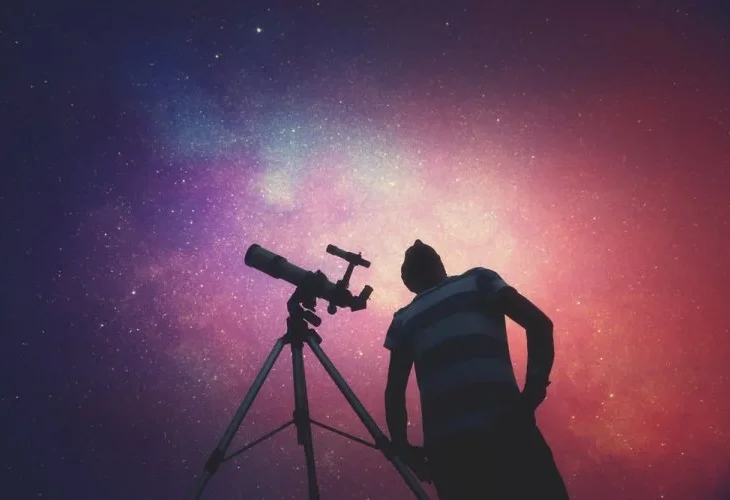In Search of God
The Galileo Commission: Scientists Pushing Beyond Materialism to Explore Consciousness and Reality
A global network of over 90 academics argues that science’s exclusive focus on the material world must evolve — calling for new methods, ontologies and evidence to integrate mind, spirituality and human experience
 (Photo: shutterstock)
(Photo: shutterstock)In recent years, a group of leading scientists and academics established what they called the “Galileo Commission.” The committee brought together over 90 respected advisors from more than 30 universities worldwide, with the goal of producing a comprehensive report outlining new directions for scientific inquiry.
Why “Galileo”?
In one of his letters, Galileo wrote: “Here in Padua there is the chief professor of philosophy, whom I have begged repeatedly to look at the Moon and planets through my telescope — yet he stubbornly refuses.”
Galileo didn’t rely on abstract theory; he simply looked through the telescope and observed new celestial phenomena. But his opponents refused to look, preferring to denounce him rather than see evidence that contradicted their worldview. The parallel today is striking.
The Modern Refusal to “Look Through the Telescope”
Professor Harald Walach, one of the scientists on the Galileo Commission, describes a similar intellectual blindness in the modern scientific establishment: “Many scientists are unwilling to look at the evidence suggesting that consciousness is more than brain activity, because they have an unshakable belief that consciousness arises solely from the brain. Often, their authority within the scientific community — and the fear of losing their reputation, prevents them from expanding their worldview. The Church once created the doctrine of the infallibility of Scripture; today, the doctrine of the infallibility of scientific materialism stands in its place.”
The report argues that mainstream science today is trapped in dogmatic materialism, refusing to consider the possibility that reality — and consciousness, might extend beyond the physical.
“Beyond a Materialist Worldview” — A Call for an Expanded Science
In its official report, titled “Beyond a Materialist Worldview: Towards an Expanded Science,” the Galileo Commission explains that the scientific establishment has become resistant to any dialogue that challenges materialism. It calls for a new paradigm — one that can integrate spirituality, consciousness, and human experience into scientific understanding.
Over a century ago, the psychologist and philosopher William James warned about the dangers of “scientism” — the belief that science is the only path to truth and that only the physical world is real. He wrote: “Science, in its essence, should rest on method, not on metaphysical beliefs. Yet, in the hands of its admirers, it has become identified with a fixed creed — the belief that the deeper order of nature is purely mechanical, and that non-mechanical explanations, even for human life, are irrational.”
A Vision for the Future of Science
The Galileo Commission’s report concludes with a bold mission statement: “For all these philosophical and cultural reasons, we established the Galileo Commission as a project of the Scientific and Medical Network. The Network has worked at the intersection of science, spirituality, and consciousness since the 1970s. Our goal is to expand the foundations of science so it will no longer be limited by an outdated view of reality and consciousness. We envision a broader science that includes new assumptions (an expanded ontology), new ways of knowing (an expanded epistemology), and new methodologies derived from them.”
The Message of the Galileo Commission
Just as Galileo’s opponents once refused to look through the telescope, the modern scientific establishment risks doing the same — rejecting evidence that challenges its materialist assumptions. The Galileo Commission seeks to reopen the conversation, urging science to rediscover its original curiosity — to look again, with open eyes, at the mystery of consciousness and the deeper nature of reality.

